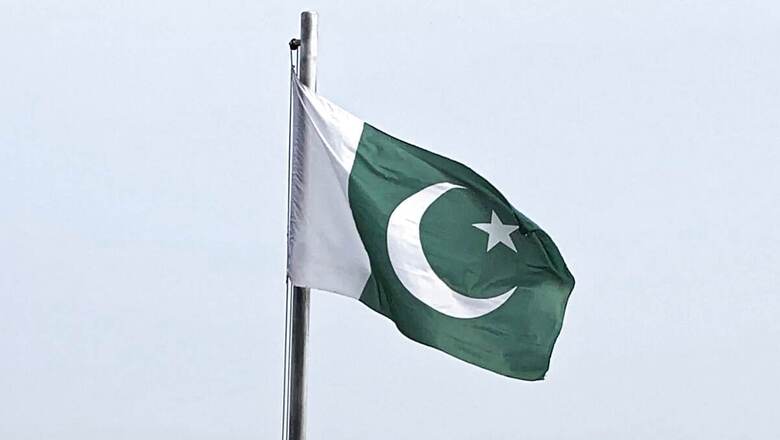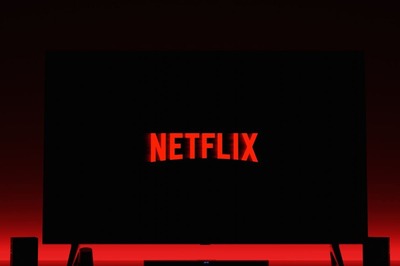
views
Tensions between Iran and Pakistan call for a third-party negotiation to defuse the situation that could spiral into a dangerous escalation, according to experts. Nonetheless, Pakistan’s swift response to the Iranian strike could galvanise domestic support for the country’s powerful military, which has faced protests by former Prime Minister Imran Khan’s party members after his ouster.
“With Pakistan now having retaliated militarily against Iran, now is the time for third-party mediation to ensure that a sudden but increasingly dangerous crisis doesn’t spiral out of control. Beijing is the most logical intermediary and it has the capacity & leverage to succeed,” South-Asian geopolitical expert Michael Kugelman shared on X, referring to Pakistan’s all-weather ally China. His post came after Pakistan carried out military strikes against what it called “terrorist hideouts” in Iran’s Siestan-o-Baluchistan province on Thursday, an operation codenamed ‘Marg Bar Sarmachar’.
With Pakistan now having retaliated militarily against Iran, now is the time for third-party mediation to ensure that a sudden but increasingly dangerous crisis doesn’t spiral out of control.Beijing is the most logical intermediary and it has the capacity & leverage to succeed.— Michael Kugelman (@MichaelKugelman) January 18, 2024
“This action is a manifestation of Pakistan’s unflinching resolve to protect and defend its national security against all threats,” the Pakistan foreign office said. Less than 24 hours ago, Iran fired the first shot on Wednesday, launching attacks in Pakistan targeting what it described as bases for the militant group Jaish al-Adl.
Iranian Foreign Minister Hossein Amir Abdollahian has said that no Pakistani national was the target of airstrikes and that the targets were “Iranian terrorists present on Pakistani soil”. And Pakistan, after its retaliatory strikes, has said “Iran is a brotherly country” and that Islamabad has “always emphasised dialogue and cooperation in confronting common challenges including the menace of terrorism”.
Kugelman, Director of the South Asia Institute at the Wilson Center in Washington, DC, sounded cautiously optimistic about any possible de-escalation. “Pakistan’s retaliation appears to have been proportionate to Iran’s earlier strike, and notably it targeted only militants and not Iranian security forces. With both sides even, so to speak, this provides an opening for deescalation, if cooler heads prevail. But that’s a big if,” he shared in a separate post.
He also pointed out that Thursday’s strikes could give the Pakistan army a boost at home at a time when a large section of PTI supporters blame the country’s powerful military for the ouster of popular leader Khan in April 2022 in a no-confidence vote in Parliament. “Don’t overlook the political boost Pakistan’s military could get from this retaliation against Iran. Its crackdown on Imran Khan and his party has stoked public anger against the Army. The retaliatory strike could produce a rally-around-the-flag effect, even if a momentary one,” Kugelman posted.
The tensions come at a time when the world is counting the costs of the Ukraine war and the Israel-Gaza conflict. For its part, India has termed the flare-up a matter between Iran and Pakistan. “Insofar as India is concerned, we have an uncompromising position of zero tolerance towards terrorism. We understand actions that countries take in their self-defence,” a government statement said on Wednesday, after Iran’s strikes inside Pakistan.




















Comments
0 comment